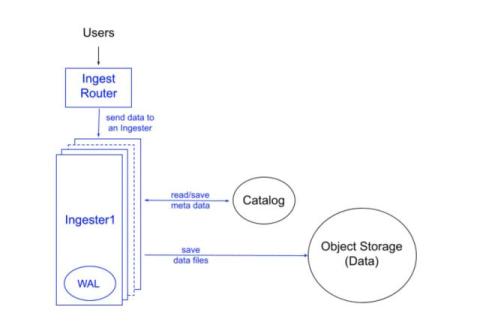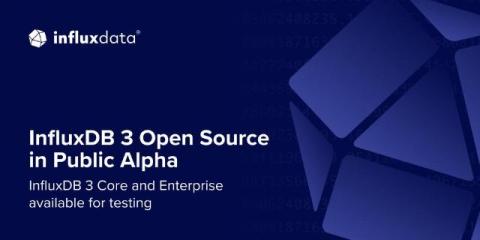Why Developers Should Avoid Building Authentication from Scratch
You might think building authentication from scratch gives you more control. After all, how hard can it be to create a login system? Just store usernames and passwords, hash them securely, and verify users, right? But once you dig deeper, the reality is far more complicated.











